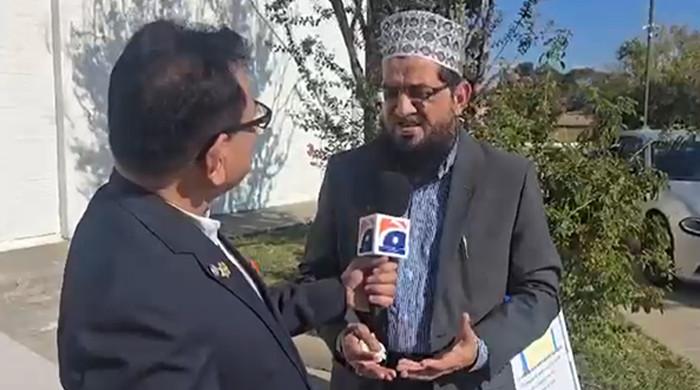US Presidential Election 2024: Polling stations established in mosques for first time
DALLAS: In Texas, for the first time, a significant number of polling stations have been set up in mosques in preparation for the upcoming November 5 US presidential election, along with other key races.
Early voting has already commenced, and during various gatherings, mosque leaders are encouraging Muslim community members to exercise their voting rights.
The imams emphasised that these elections extend beyond the presidential seat, including crucial roles in Congress, the Senate, the state assembly, judgeships, and other important offices.
They urged Muslims to vote, warning that neglecting this right may lead to the election of representatives who may overlook community issues in the future.
While mosque leaders are careful to avoid openly endorsing any specific candidate, they are underscoring the importance of voting.
They stressed that this election holds significant implications for the community’s future, and if Muslims want to see their concerns addressed, they should participate by voting.
Additionally, this marks the first time since 9/11 that some Muslim voters are gravitating back toward the Republican Party.
Dallas-based Pakistani American attorney Saba Ahmed and long-time Republican supporter Kashif Khan emphasise that, under current circumstances, supporting former president Donald Trump is crucial for Muslims.
They believed that the Muslim community should play a larger role in national matters and that the Republican Party, in turn, should address Muslim community issues.
Another benefit of using mosques as polling stations in Texas is that local American residents who may never have visited a mosque are now coming in to vote.
Mosque administrations took this step with the intent that Muslims who come to their mosques for prayer could also conveniently vote afterwards.
While churches have traditionally served this purpose, this is the first time mosques are being used as polling stations.
This initiative not only allows people to vote in a familiar setting but also fosters greater community involvement in addressing local issues.

